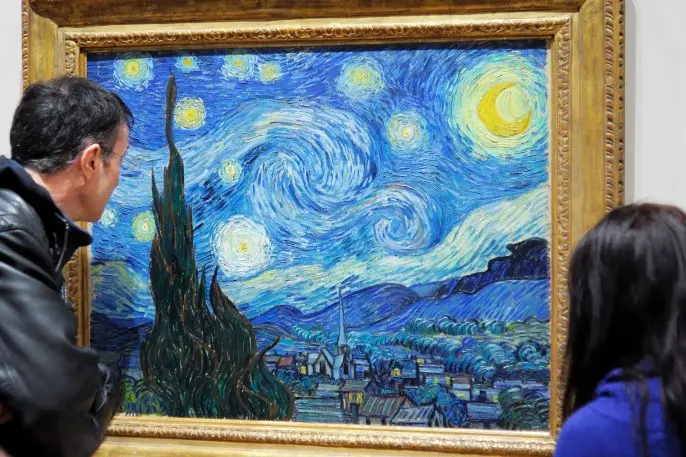Good news: No matter what your age, no matter if it’s your first day on the job or your last years before retirement, you are equally likely to do the best work of your career–to get on a “hot streak.”
The findings are courtesy of a new study in Nature by researchers from Penn State and Northwestern, who analyzed the career-long performance of more than 20,000 scientists, 3,000 artists, and 6,000 filmmakers. The team assembled a massive database by mining Google Scholar citations, auction prices, and IMDB ratings, which gave the researchers a means to measure popular and commercial success of works, and then ran all of this data through complex statistical models to spot trends.
What they found is pretty extraordinary. First, they confirmed the existence of a fabled “hot streak” in one’s career–a multiyear period when “winning begets more winnings” and a series of great projects are released in a finite period. Anywhere from a whopping 80% to 91% of people in the analyzed professions were likely to have at least one hot streak in their career, and a third of the time or less, some people had two hot streaks. (More than two hot streaks was dubbed “rare.”) Hot streaks peaked at a bit over five years for artists and directors, and just under four years for scientists. And within these hot streaks, researchers found that the two greatest achievements in someone’s professional life are likely to happen back-to-back.
Secondly, researchers confirmed that hot streaks are equally plausible to occur at any time during your working lifetime, a phenomenon they dubbed the “random impact rule.”

“[A] conventional way of thinking tells us that indeed people tend to do their best work in mid-career, somewhere around in their thirties and forties. But this turns out to be an incomplete reading of the data,” says Dashun Wang, associate professor at Northwestern. “This means, your best work can be, with equal probability, your very first work, very last work, or somewhere in the middle.”
That said, Wang points out that researchers have observed people in their thirties and forties doing more of their best work than other age groups. “[That’s] not because age and creativity are intertwined,” Wang cautions. “It’s simply because we produce more during that age.” In this regard, success sounds a bit like a roulette wheel, with every spin you take having an equal chance of winning. The more you spin, the more likely you are to hit that streak.
It’s fascinating research, but Wang is the first to admit that the research leaves all sorts of questions unanswered. Namely, are all hot streaks born from the same singular force? Compare, for instance, director Peter Jackson’s hot streak–when he put out the Lord of the Rings trilogy–and Vincent van Gogh’s more tragic golden period, when he painted pieces like Starry Night during his last year at the asylum in Saint-Rémy de Provence, France. Van Gogh was battling depression while working in isolation, and would eventually take his own life as an unknown artist. Jackson was a lauded independent filmmaker already, handed hundreds of millions of dollars in production and marketing budgets by the major studio system, along with a beloved creative intellectual property to build from.
When I pose these examples to Wang, and ask if the sources behind all hot streaks are created equal, he admits that researchers don’t really yet know.
“The conclusion so far is that we haven’t found any single driver that can account for this phenomena,” says Wang. He reasons that a Hollywood budget may have propelled Jackson to his hot streak, “but it doesn’t explain why it happened to van Gogh,” he says.
In the meantime, while Wang and his associates will continue their field of study, you should, too. Because if there’s one piece of advice that Wang has for you, it’s this: “Keep going. Don’t give up. Your hot streak may be yet to come.”
Recognize your brand’s excellence by applying to this year’s Brands That Matter Awards before the early-rate deadline, May 3.
